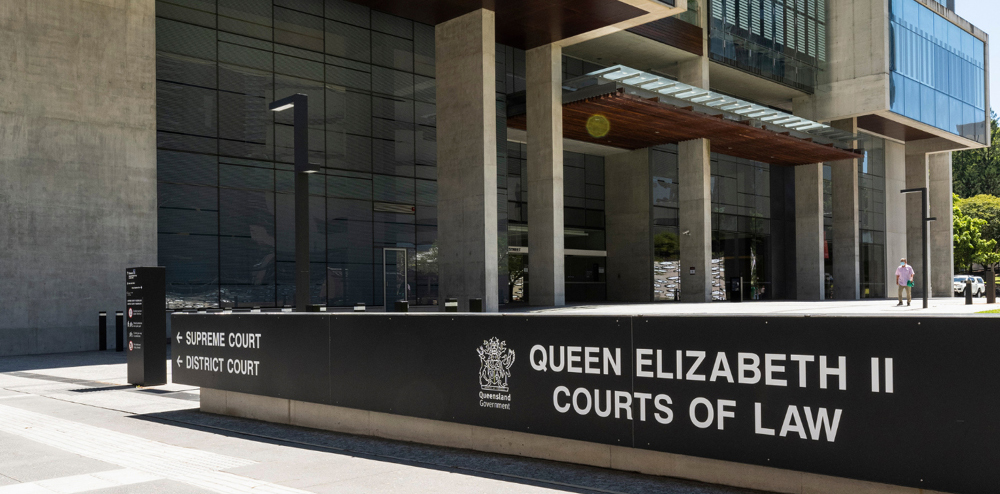Dozens of health workers, including paramedics, and police have had a huge win in the Supreme Court.
The recent resignation of Queensland Police Commissioner Katarina Carroll has come into clearer focus today with the news that the state’s Supreme Court has ruled the QPS’ mandatory covid vaccination order in December 2021 was unlawful under the Human Rights Act.
In a 115-page decision handed down this morning, Justice Glenn Martin also declared that a similar order from Dr John Wakefield, the director-general of Queensland Health, was “of no effect”.
Both Dr Wakefield and the outgoing Commissioner Carroll have been blocked from enforcing the orders. They are also banned from disciplining any of the paramedics and police officers.
Seventy-four people, in three separate applications, took the government agencies to court over the vaccine directives.
Two related to police officers or civilian staff, and the third case related to Queensland Ambulance Service workers.
“I am not satisfied that the (police) Commissioner has demonstrated that she gave proper consideration to the human rights that might have been affected by her decisions,” Justice Martin said in relation to the police staff.
“I do not accept that the Commissioner had … considered whether the decision would be compatible with human rights.”
“By failing to give proper consideration, the making of each of those decisions was unlawful.”
Justice Martin cited “the fundamental right not to be subjected to medical treatment without full, free and informed consent which has been impeded by these directions”.
“They were made unlawfully or ineffectively. Non-compliance with those directions could have had life-changing consequences for an employee who declined to comply with the direction,” he said.
The relevant section of the Human Rights Act 2019 is part 2, division 2, section 17:
“A person must not be—
- subjected to torture; or
- treated or punished in a cruel, inhuman or degrading way; or
- subjected to medical or scientific experimentation or treatment without the person’s full, free and informed consent.”
The right not to be subjected to non-consensual medical treatment was one of nine human rights the applicants had claimed were limited by the mandate.
It was the only one the judge upheld, and he found that the limitation was “justified”. Nevertheless, the failure “to give proper consideration to a human right relevant to the decision” made the mandate unlawful.


